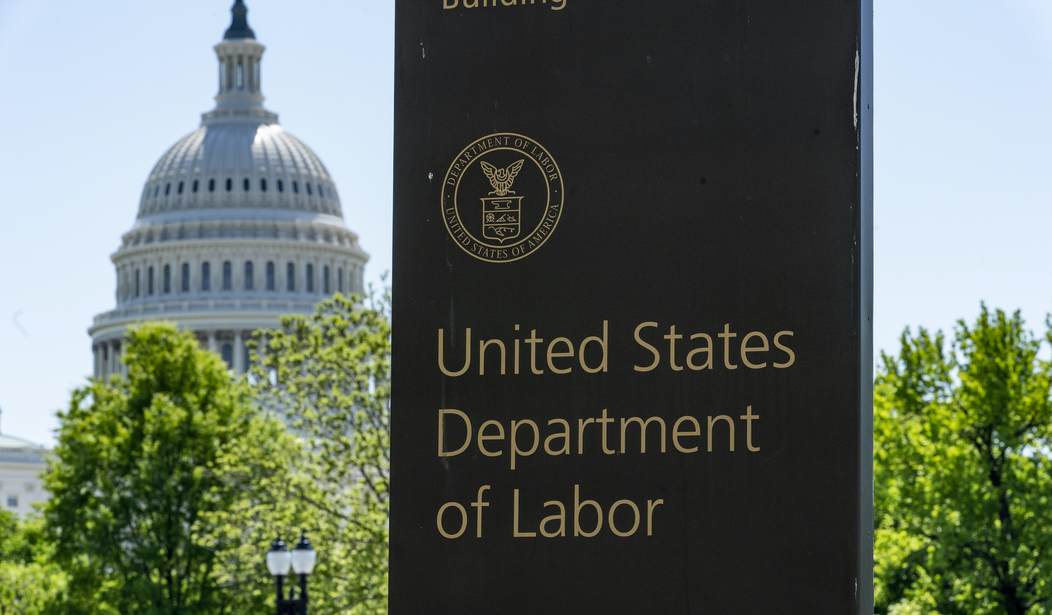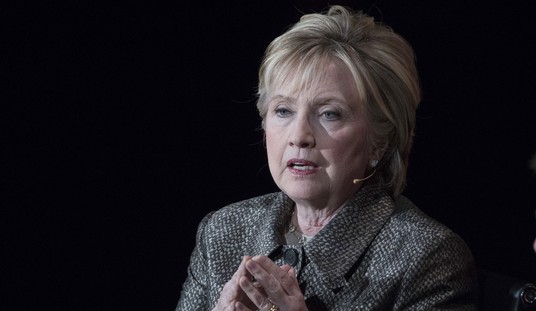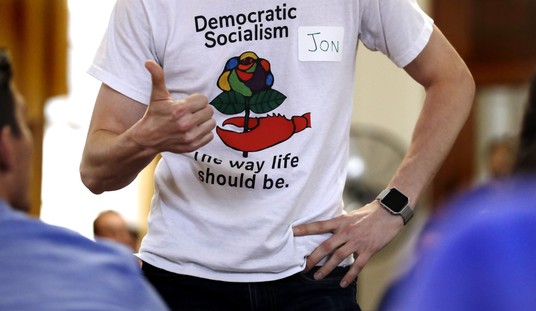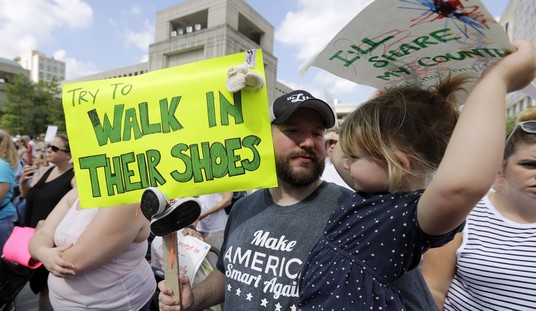The Department of Labor has finalized a rule that would give the go-ahead to fund managers to base their investment decisions on environmental, social, and governance (ESG) factors.
The rule “clarifies” the 1974 Employee Retirement Income Security Act (ERISA), which Donald Trump’s Labor Department amended with a rule to prevent fund managers from considering factors that were immaterial to financial performance or risk.
The Biden administration’s rule will now allow retirement fund managers to consider factors like climate change, a company’s attitude toward unions, and the diversity of its workforce when choosing to invest.
Union pension funds and some asset managers claimed Trump’s rule created a “chilling effect” on ESG investing. Well, yeah. There’s that. But how will ESG investing grow my portfolio? And will choosing investment strategies based on whether the company CEO is woke make me richer?
“A fiduciary may reasonably conclude that climate-related factors” including “government regulations and policies to mitigate climate change, can be relevant to a risk/return analysis of an investment,” the rule says. Unless the Biden administration believes the earth is going to fry in the next decade or so, how is it relevant except to make a political statement?
Government climate policies can no doubt affect financial performance, but not necessarily in the way that ESG investors say. Fossil-fuel producers are reaping enormous profits as Western governments seek to restrict supply. A pension plan that divests from fossil fuels would be less diversified and probably produce lower returns over the long term.
Many ESG investing strategies take into account future policies that would be needed to meet the Paris CO2 emissions targets but which may never be implemented because the economic costs are higher than society is willing to bear. Is it prudent for retirement plan managers to shun companies that don’t plan for a “net-zero” world that may never arrive?
Indeed, we’ve already seen what happens to all those “climate goals” when one small war leads to a modest shortfall in fossil fuels. Because of the Ukraine war, Europe will be shivering this winter (and perhaps the northeast U.S. too). The EU is already ignoring the radical greens and embracing nuclear power. And the demise of the coal industry may have been greatly exaggerated.
The fact is, the world is only as green as it can afford to be. When alternative energy sources aren’t supplying enough energy to meet the needs of society, we’ll get it somewhere else. And if the politicians insist on allowing us to freeze instead of using fossil fuels, they’ll be gone at the earliest convenient election day.
Investing in companies that are working toward a “zero carbon” future is a bad bet.
Workers will have to cover 401(k) shortfalls if ESG strategies don’t pan out. That means they may have to increase their contributions or retire later. In the case of union pension plans, taxpayers might bear the cost. Democrats authorized some $86 billion in their Covid relief bill last March to shore up distressed multi-employer pension plans.
Since these pension plans enjoy a taxpayer backstop, unions will be more inclined to leverage worker retirement savings to promote progressive causes even if they result in lower returns. In sum, the Administration is politicizing retirement savings and putting taxpayers and workers on the hook for the costs. No wonder it released the rule right before Thanksgiving.
That’s been the complaint about these state pension plans that are tens of billions of dollars in arrears. The state of Illinois is the worst of the lot, being more than $130 billion short in total unfunded liabilities. One bad economic downturn could see the state going hat in hand to Washington begging for money.
Fund managers who base their investment decisions on whether a company toes the liberal line or is demonstrably woke are doing their clients a gigantic disservice. And the hell of it is, they will likely never pay a price for their arrogance and stupidity.










Join the conversation as a VIP Member